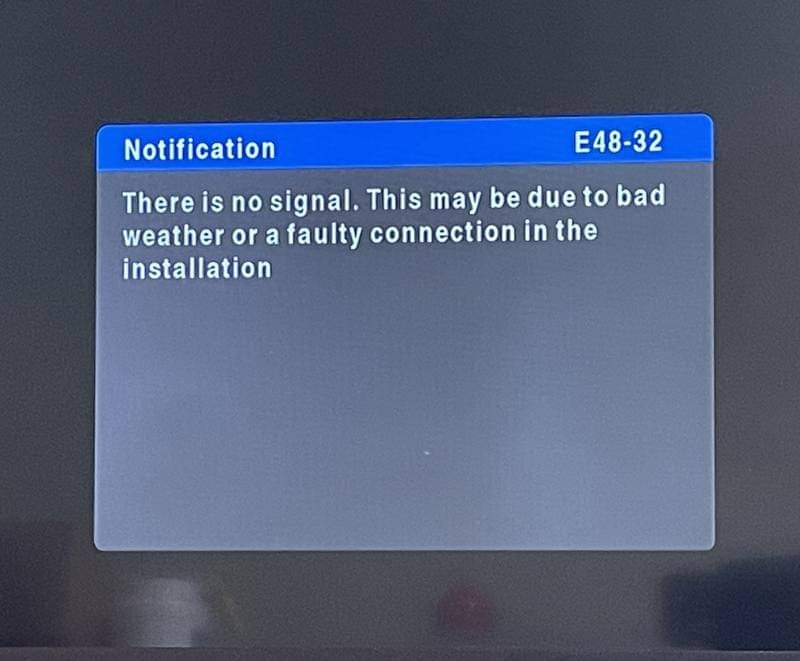DStv is a popular choice for satellite television, offering a wide range of channels and content. However, like any satellite TV service, DStv users can experience signal problems that disrupt their viewing experience. At Ricus Electronics, we understand how frustrating these issues can be. In this blog post, we’ll discuss common DStv signal problems and provide step-by-step solutions to help you troubleshoot and fix these issues.
Common DStv Signal Problems
1. No Signal Error (E48-32)
One of the most common issues DStv users face is the “No Signal” error, often indicated by the error code E48-32. This error means that your decoder is not receiving a signal from the satellite dish.

Solution:
- Check Connections: Ensure all cables between the satellite dish, decoder, and television are securely connected. Look for any signs of damage or wear.
- Dish Alignment: Your satellite dish may have been misaligned due to wind or physical disturbances. Use a signal meter or contact a professional to realign the dish.
- Weather Conditions: Bad weather can temporarily affect the signal. Wait for the weather to clear and check if the signal improves.
2. Signal Problems on Certain Channels
Sometimes, you may experience signal problems on specific channels while others work fine. This can be due to various reasons, including LNB issues or transponder problems.
Solution:
- Check LNB: The Low-Noise Block (LNB) converter on your satellite dish may be faulty or misaligned. Inspect the LNB for damage and ensure it is properly positioned.
- Transponder Settings: Verify that the transponder settings on your decoder are correct. You may need to rescan for channels or update the firmware on your decoder.
3. Poor Picture Quality
Poor picture quality, including pixelation and freezing, can be caused by weak signal strength or interference.
Solution:
- Check Signal Strength: Use the signal strength meter on your decoder to check the signal levels. If the signal is weak, consider adjusting the dish or replacing the LNB.
- Reduce Interference: Ensure there are no physical obstructions (like trees or buildings) blocking the satellite dish. Additionally, electronic devices nearby can cause interference, so keep other electronics away from the decoder and cables.
By following these steps, you can troubleshoot and fix common DStv signal problems, ensuring a seamless viewing experience. If issues persist, consider contacting a professional service like Ricus Electronics for expert assistance.
